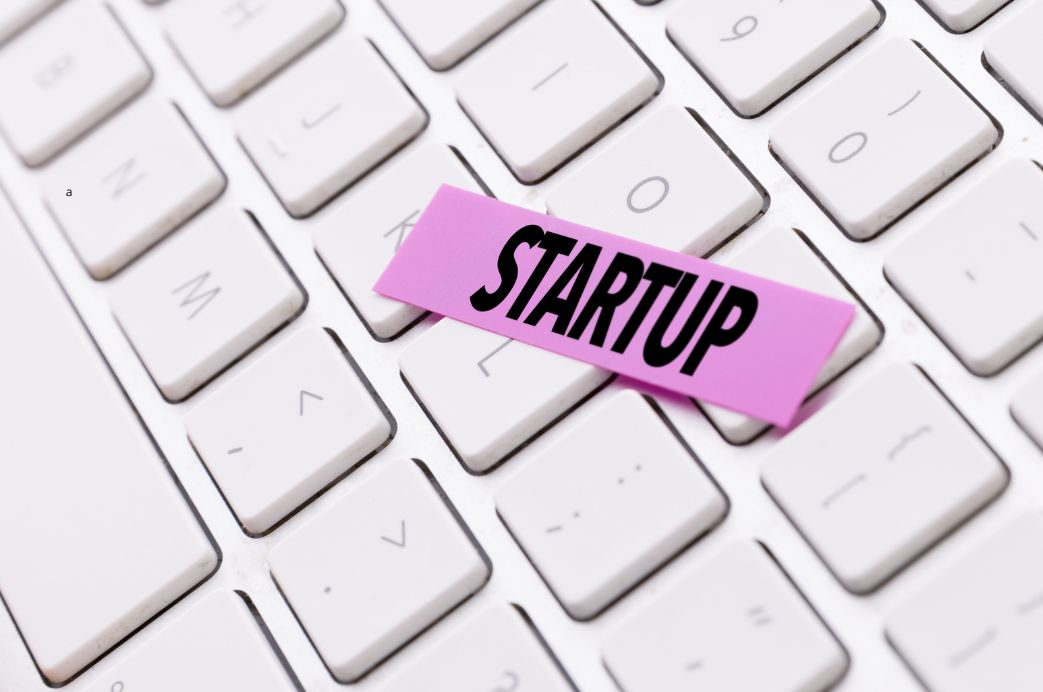In recent years, startup and entrepreneurship communities have become pillars for innovation and networking, offering mentorship, resources, and valuable connections. However, as highlighted in recent reports, not all communities are beneficial. Many entrepreneurs fall into traps that compromise not only their businesses but also their personal assets. This article explores the hidden risks in these communities and offers practical strategies to avoid them.
One of the most frequent scams is the offer of mentorship or resources in exchange for disproportionate equity. Some ‘mentors’ demand 10% or more of an early-stage startup without providing real support. According to the Startup Genome Report, 11% of startups fail due to unbalanced partnerships, often originating in unethical communities.
Another common issue lies in fraudulent investment promises. Some fake communities promise connections with investors in exchange for upfront fees or confidential information. The FTC (Federal Trade Commission) reports that in 2022, scams involving ‘investment opportunities’ resulted in losses of $1.2 billion in the U.S., many linked to online groups. Additionally, there are cases where the pressure to join paid programs becomes excessive. Some communities require entrepreneurs to enroll in expensive courses or accelerators as a condition for accessing networks. A TechCrunch study revealed that 20% of founders regret programs that did not deliver as promised.
The consequences of these scams are severe and go beyond financial loss. There are extreme cases, such as people who sold properties to invest in fraudulent startups. To avoid problems, it is essential to know how to identify trustworthy communities, and a good starting point is analyzing the group’s purpose and transparency. Serious communities have clear missions and public rules.
It is also crucial to investigate members and leaders. Checking the background of founders and mentors on LinkedIn and platforms like Crunchbase can help determine if the individuals have credibility. Vague profiles or those without verifiable projects should be viewed with suspicion. Some red flags may indicate that a community is untrustworthy, such as pressure for quick decisions, requests for financial data without context, and the absence of real success stories among long-term participants.
Taking preventive measures is essential to avoid traps. Before committing, it is important to conduct legal due diligence, ensuring contracts are reviewed by lawyers and include clear termination clauses. Participating in independent forums like Reddit (r/startups) and Blind can provide anonymous community reviews and help identify suspicious patterns. Additionally, if questionable behavior is identified, it is crucial to report it. In Brazil, channels like Procon and Reclame Aqui allow reporting scams and warning other entrepreneurs.
If someone has already fallen victim to a scam, documenting everything is the first step to minimizing damages. Saving emails, contracts, and messages may be essential for potential legal action. Seeking legal support and, if possible, joining collective actions can help recover some losses. Moreover, sharing the experience with other entrepreneurs can prevent more people from going through the same situation.
Communities are powerful tools but require caution. The key is to participate in groups with legitimate purposes and transparency. By adopting a critical and proactive stance, entrepreneurs can reap the benefits without falling into traps. No genuine opportunity requires haste or irrational sacrifices. Your startup deserves a solid foundation.
Public missions and rules, members with verifiable backgrounds, contracts reviewed by experts, absence of pressure for immediate decisions, and positive feedback on independent forums are some of the criteria that help ensure safety when joining a community. Success does not justify blind risks. Communities should be partners, not predators.


